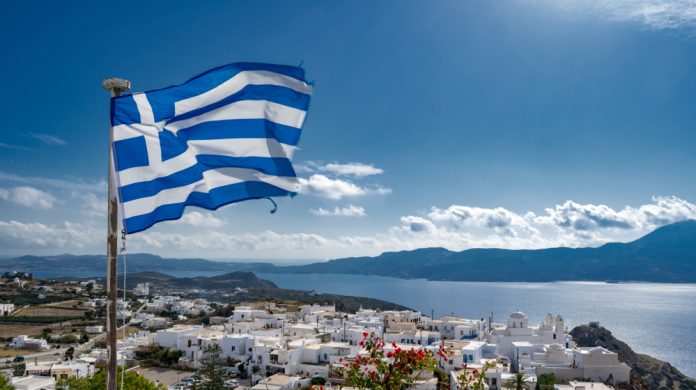Dimitris Dzanatos, President of the Hellenic Gaming Commission, has called for greater cross-sector collaboration across Europe to counter the threat of black market operators.
In a statement following Dzanatos’ attendance at the 27th Economist Conference on “Online Gaming: Prospects, Challenges and Responsibility”, the EEEP President asserted that ‘very large sums are played’ with illegal operators in Greece.
This has caused ‘great financial loss and unfair competition with legal providers’ in the country, which is currently two years into regulation of the market under a new framework adopted in 2021.
As with other European gaming markets, Greece is continuing to evaluate its gambling regulations. Notably, in August the EEEP announced a consultation with market stakeholders into possible reforms to casino regulations.
Regarding the black market, the regulator added that called for a more ‘organised and methodical response’ to the black market and the risks it poses to the regulated sector during his speech at the Economist Conference.
He continued: “Government, independent authorities and providers must support collaborative actions for safe play and dealing with problems and social impacts.”
Greece, like many other European gambling markets, has been embarking on a new era of regulation, having adopted its latest framework for the industry back in 2021, and now has 15 active licence holders.
Noting the growth of the market himself, Dzanatos remarked: “The online gambling market more than doubled in the five years 2019-2023, reaching €889m from €437m.”
Two years into the adoption of the 2021 framework, Greece is already looking at ushering in reforms to its gambling regulation, specifically relating to casino operations.
As with other European markets though, this appears to be against the backdrop of black market concerns, as has been seen in countries such as the UK, particularly during the two-year-long Gambling Act review.










